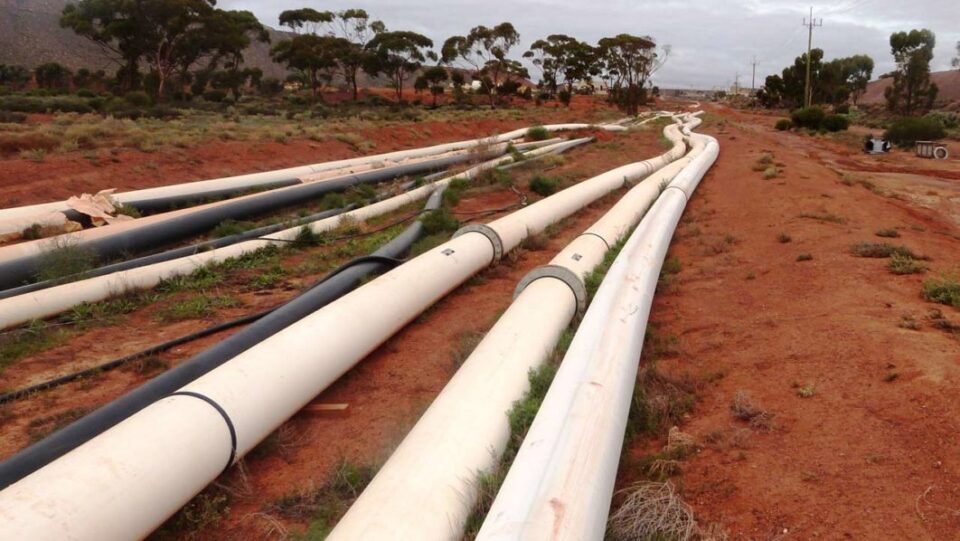
Funding Constraints Stalls $13bn Trans-Sahara Gas Pipeline Project – Report
The inability of West African countries to quickly resolve the Niger Republic coup is threatening the delivery of the $13bn Trans-Sahara gas pipeline, as the project faces funding challenges.
S&P Global, in its report ‘Niger coup, financing woes rock Nigeria’s plan to supply gas to Europe’, said the project, which was one of Nigeria’s critical domestic investments, was currently bedevilled by funding challenges.
Apart from being a major project in the country’s oil and gas sector, the Trans-Sahara pipeline, the project had been described as the West African country’s ticket to the European gas market.
The 4,128 km pipeline from Warri through the Niger Republic to Algeria’s Hassi R’Mel gas hub has been under construction since 2002.
When completed, it would transport a total of 30 billion cubic meters of gas daily.
“The Trans-Saharan gas pipeline project presents an ambitious vision for energy infrastructure in Africa, however, its feasibility faces two critical challenges,” said an energy expert and partner at Lagos-based Megathos Law Practice, Olufola Wusu, was quoted in the report to the American-based financial information and analytics corporation.
“First, the security situation in Niger and neighbouring regions poses a substantial risk to the project’s stability prior to construction and post-construction. Second, its dependency on the delayed and self-funded AKK pipeline introduces complexity and uncertainty,” Wusu added.
The project now faces delay as much of the pipeline’s $13bn capital expenditure would be spent in the Niger Republic.
A military coup in the Niger Republic in July prompted the Nigeria-led Economic of West African States members to threaten to deploy troops to restore democracy in the country.
Former President Mohammadu Buhari, in line with further exploring the country’s vast natural gas resources, declared 2020 and beyond a Decade of Gas.
The country’s current gas reserves stand at 209 trillion cubic feet, according to the Nigerian Upstream Petroleum Resources Commission.
A Lagos-based analyst with FBNQuest, Uwadiae Osadiaye, was quoted in the report as saying the continuation of the pipeline would depend on Niger’s junta decides to “play ball”.
“If I am a member of the new government, I would consider it an opportunity for my country’s economy,” he said.
“The generals still want to do it,” the Chairman of the African Energy Chamber, a lobbying group, NJ Ayuk, also told S&P Global.
